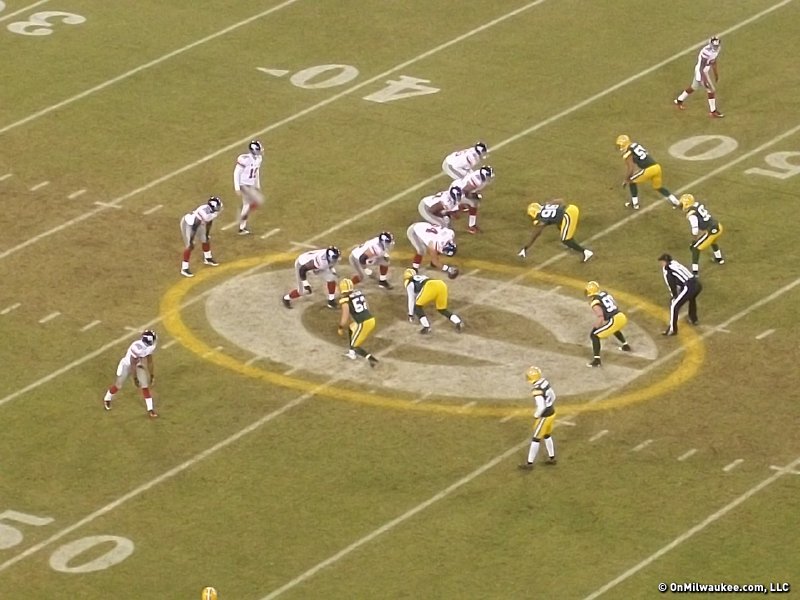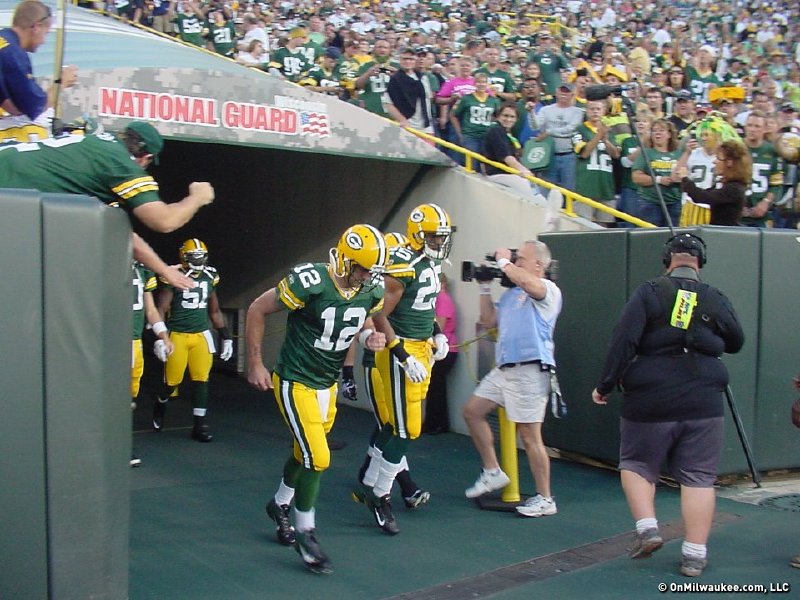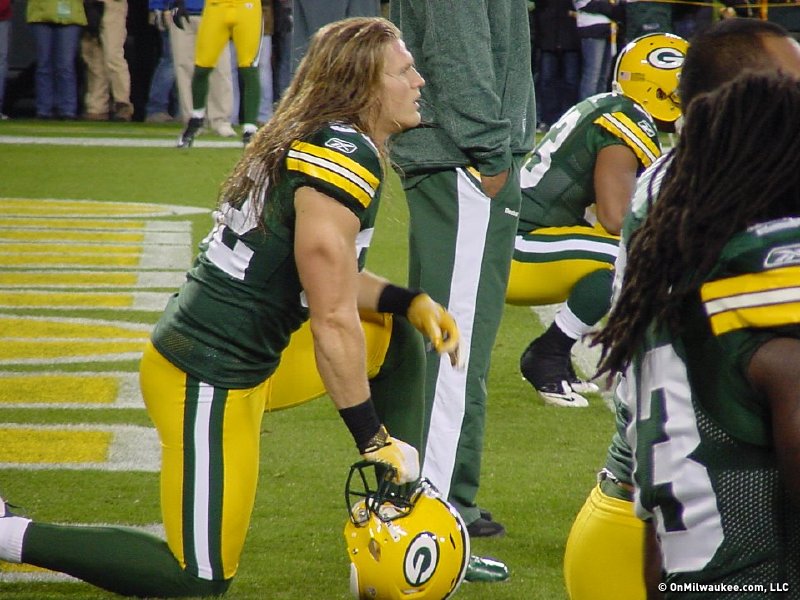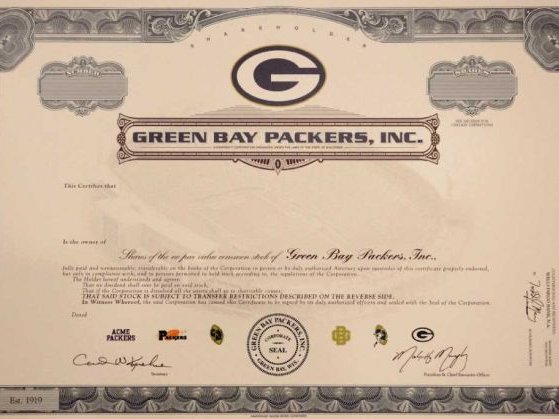The Packers have long been the feel-good story both of the National Football League and professional sports. For many, the story has become tiresome: this team from tiny hamlet in northeastern Wisconsin, owned by the community and among the most successful franchises in the history of pro sports.
In the fledgling days of the NFL, the Packers -- establishing an early dynasty under head coach Curly Lambeau -- were truly a David to the New York Giants' Goliath. The two teams played for the league championship three times in a seven-year span from 1938-'41, with the Packers claiming three victories during that stretch.
In many ways, the 1938 game played just as big a role in the Packers' survival as any stock sale or free-agent signing. To be exposed to the massive New York press made Green Bay and the Packers household names and set the stage for their success in the 1960s and during the Brett Favre era.
In all, the Packers and Giants have faced off in the post-season five times, with the Packers coming up with four championships. Lambeau posted a 2-1 record against the boys from Gotham, while Vince Lombardi claimed back-to-back titles in 1961 and 1962.
When the Giants come to Green Bay for the NFC Championship Game on Sunday, a trip to Phoenix for Super Bowl XLII will be at stake.
Green Bay is still the smallest town in the league while New York plays in the largest media market in the world. Here's a look at the two teams' previous post-season matchups:
1938: Giants 23, Packers 17 -- The Packers claimed their first NFL Championship two years prior, but would have a chance to put tiny Green Bay on the map in New York City. They took their first lead on Paul Engebretsen's field goal early in the third period, but the Giants put together a 61-yard scoring drive for the winning touchdown. The Packers were doomed by a pair of blocked punts, which led to 10 points for the Giants. A playoff-record 48,120 watched the game at the Polo Grounds.
1939: Packers 27, Giants 0 -- The game was moved to Milwaukee in the hopes of drawing a bigger crowd. Lambeau's team got revenge for its loss a year before with a dominant performance in front of 32,279 fans in the old State Fair Grandstand. The Packers had six interceptions and held New York to just 164 total yards. A 35-mph wind swirled around the field, causing the Giants to miss three field goals, but Packer kickers Paul Engebretsen and Ernie Smith connected from 29 and 42 yards, respectively for the victory.
1944: Packers 14, Giants 7 -- Hall of Fame receiver Don Huston was used mainly as a decoy in this game. Fullback Ted Fritsch scored both Green Bay touchdowns on a one-yard, fourth down run and a 28-yard touchdown pass from Irv Comp in the third quarter. Joe Laws had three interceptions and ran 13 times for 74 yards as Lambeau and the Packers won their sixth championship -- and last until the Lombardi era.
1961: Packers 37, Giants 0 -- After losing in his first playoff appearance a year before (17-13 to Philadelphia in the 1960 Championship), Lombardi vowed he would never experience that feeling again. He wasn't kidding. The Packers were bolstered by Paul Hornung's return from the army. The halfback tied a playoff record with 19 points (TD, 3 FG, 4 PAT) The Packer defense held New York to just six first downs and 130 total yards, including interceptions from Ray Nitschke and Hank Gremminger that led to touchdowns. A franchise record 39,029 fans were in Lambeau Field to watch the Packers first-ever championship game in Green Bay.
1962: Packers 16, Giants 7 -- The two teams met for the league title for the second straight year, but it was the Packers again coming out on top. It was a cold and windy day at Yankee Stadium, and the Packers never trailed. Jerry Kramer opened the scoring with a 26-yard field goal and would finish with three on the day. Nitschke was named MVP he deflected an early Giants pass that turned into an interception deep in Green Bay territory and picked up two fumbles that led to 10 points. Jim Taylor set a playoff record with 31 rushes, finishing with 85 yards and a touchdown.







